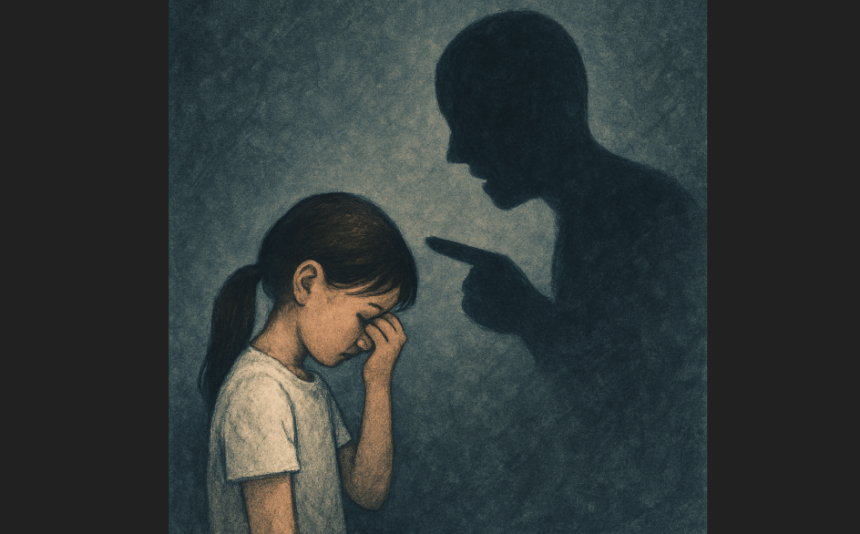Parents shouting at their children could alter the very structure of their developing brains, MPs are set to hear at Westminster on Monday.
Experts in child psychology and neuroscience will warn that verbal abuse from adults, including parents, teachers, and activity leaders, can leave lasting scars. Such treatment could lead children to struggle with forming friendships, finding joy, and maintaining their mental health.
The session, organised by the charity Words Matter, will shine a light on childhood verbal abuse, labelling it “the most prevalent form of child maltreatment”.
Verbal Abuse: The Silent Threat
“We must bring verbal abuse out of the shadows and give it the same attention as other forms of maltreatment,” said Professor Peter Fonagy, Head of the Division of Psychology & Language Sciences at UCL.
“It is one of the most preventable causes of mental health problems. Harsh words can actively weaken the brain’s foundation during development.” He added, “Children need kind, supportive communication from adults — it’s vital for building their identity and emotional resilience.”
Startling Figures Emerge
Research has revealed alarming statistics:
- Two in five children in the UK experience verbal abuse.
- More than half are subjected to it every week.
Experts have outlined the grim long-term consequences of verbal assaults. Behaviours such as blaming, insulting, scolding, criticising, and threatening can lead to serious issues, including:
- Anxiety and depression
- Eating disorders
- Sleep problems
- Substance misuse
- Self-harm
- Suicide
The Science Behind the Words
Professor Eamon McCrory, CEO of Anna Freud and Professor of Developmental Neuroscience and Psychopathology at UCL, emphasised the biological impact.
“Verbal abuse profoundly affects children and young people, significantly increasing risk of mental health and social problems throughout life,” he said.
“Our imaging studies clearly show how emotional harm, including verbal abuse, reshapes brain development, altering how young people think of themselves and respond to life’s challenges. It’s crucial to help parents and carers understand the lasting impact their words can have, including their potential to nurture and inspire the next generation.”
A Call for National Action
Leading experts will gather at the House of Commons to push for urgent governmental action against childhood verbal abuse.
Words Matter is campaigning to make verbal abuse prevention a key part of the government’s mental health and wellbeing strategy for children.
Jessica Bondy, Founder of Words Matter, stressed: “Neuroscience shows clearly that verbal abuse profoundly harms children’s developing brains.
“If the Government truly wants the healthiest generation in history, tackling verbal abuse must become a core part of the national mental health strategy—urgently recognised, systematically monitored, and proactively prevented.”
As awareness grows around the profound impact of harsh words, experts are calling on policymakers to act decisively. With children’s futures at stake, they argue that ending verbal abuse must be treated as a national priority, not tomorrow, but today.






